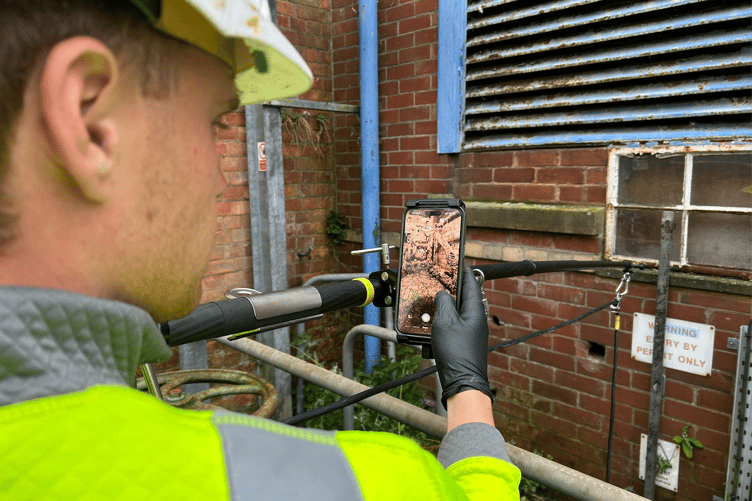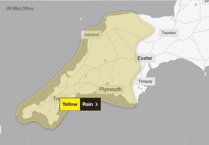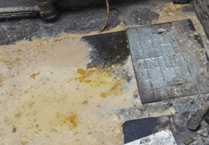SOUTH West Water is highlighting the vital work its wastewater teams do every day to clear its sewers of fat, oil and grease (FOG).
In 2024/25, South West Water cleared more than 7,000 avoidable blockages from its network - removing approximately 450 tonnes of waste from its sewers
Around, three-quarters of these blockages were caused by just two things: wet wipes and fats.
When FOG combines with items like wet wipes, sanitary products, and leftover food flushed or poured down drains, it can form stubborn blockages which can cause flooding, unpleasant odours and pollution in rivers and seas
To tackle this problem, the company runs a proactive cleaning and inspection programme across its network to prevent FOG buildup.
FOG in sewers can cause severe operational challenges for water companies, including pump failures, odour issues, and expensive maintenance. Regular cleaning and inspection are therefore crucial to ensure the network runs smoothly.
Wastewater teams regularly visit and inspect hotspot sites, including tanks and pump stations, where FOG is most likely to accumulate. Using new specialist camera equipment, they explore inside the sewers to determine where cleaning is needed.
Teams then use specialist tankers with high pressure jet washers to cut through the FOG clinging to the inside of water collection tanks and sewers.
This FOG is then taken to Wastewater Treatment Works where it is then processed and removed from the environment.
Jenny Eamer, Operations Manager for Wastewater Services, said: ‘Our teams work proactively every day to inspect and clean the network, stopping FOG before it becomes a major issue, and households play an equally important role in keeping our sewers flowing smoothly.
‘That’s why we’re asking customers to ‘Bin It, Don’t Block It’ to help keep our sewers clear.
‘Making small everyday changes like only flushing pee, poo and paper, putting wet wipes (even those labelled as flushable!) in the bin instead of down the loo and scraping food off your plates into the bin makes a big difference and helps to reduce blockages across our network’.





Comments
This article has no comments yet. Be the first to leave a comment.